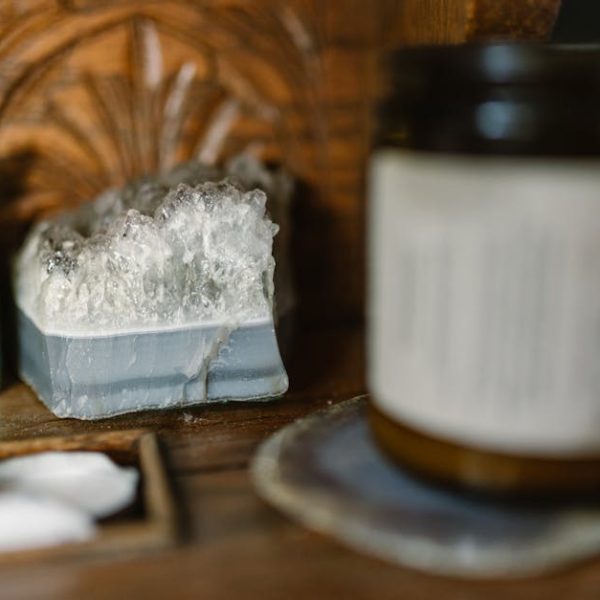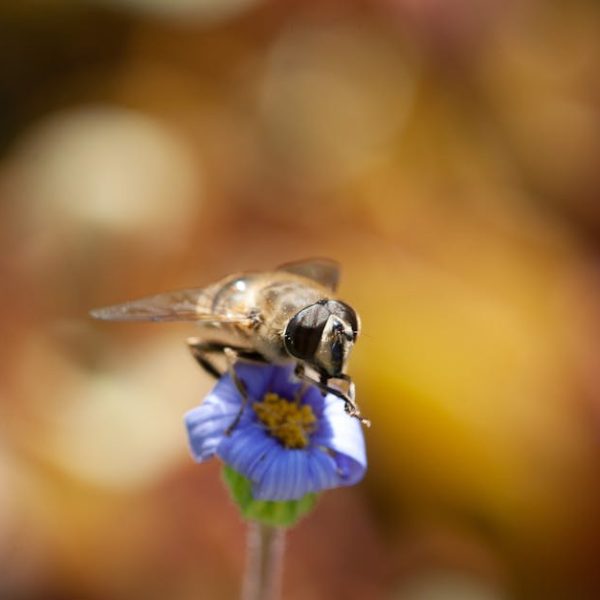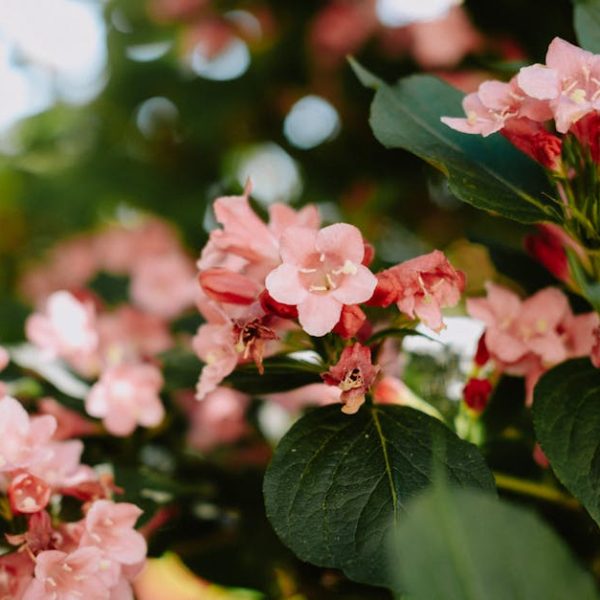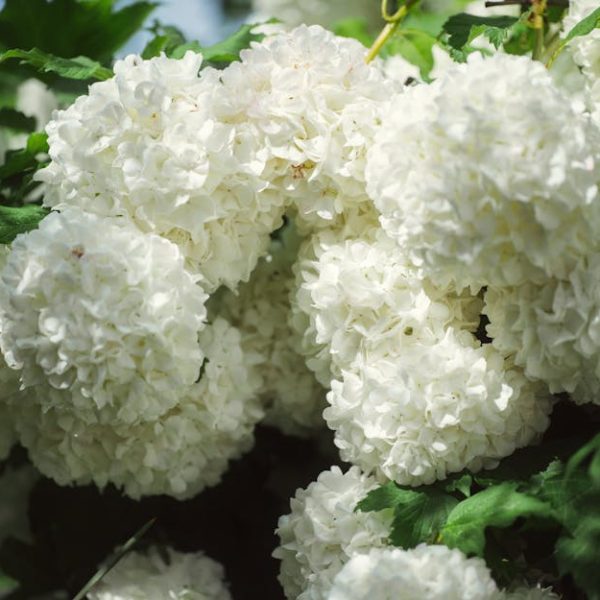It’s natural to share your living space with a variety of creatures, including spiders. While some people can happily coexist with these eight-legged guests, others prefer to keep them at bay. If you fall into the latter category, there are multiple ways to keep spiders out of your house without reaching for toxic chemicals. Natural methods are not only safe for humans and pets, but they are also environmentally friendly and cost-effective.
Understanding the Importance of Natural Spider Control
Many spider species are harmless, but there are certain types that pose health risks when they bite. For example, the brown recluse and black widow spiders are known to be dangerous. Regardless, the majority of people would rather not have spiders spinning their webs around the house. Using natural methods to control spider populations is beneficial as it:
- Reduces exposure to harmful toxins found in many chemical pesticides
- Is safe to use around children and pets
- Helps maintain a healthy indoor ecosystem
In the spider world, not all species are equal. Some can actually help control other pesky insects in your home. Therefore, before you turn to any control measures, identify the type of spiders you’re dealing with. Obtain insect identification guides, or take a clear picture and consult with local extension services or online communities for assistance.
Essential Oils as Spider Deterrents
Scent is a powerful factor in the insect world. Certain essential oils can act as excellent deterrents against spiders due to their strong aroma. Some of the most effective essential oils include peppermint, tea tree, and lavender.
- Peppermint oil: Spiders detest the strong, minty aroma of this oil. Mix it with water and spray around your home for a natural, refreshing spider repellent.
- Tea tree oil: This oil has strong insecticide properties and thankfully, spiders aren’t fans.
- Lavender oil: Known for its calming, relaxing scent to humans, spiders don’t share that sentiment and tend to stay away.
Remember to dilute these oils appropriately before use, and be cautious around pets and children, as some oils can be toxic. Comparatively, essential oils provide a safer, more pleasant alternative to commercial spider repellents.
Insect-Repelling Plants
Mother Nature offers her own insect repellents in the form of certain plants. Famous for their insect-repelling properties, these plants are easy to care for and can be incorporated into home decor.
- Eucalyptus: Due to its strong scent, eucalyptus is known to deter spiders.
- Citronella: Not just mosquitoes, spiders too are repelled by this plant.
- Chrysanthemums: These plants contain pyrethrins, a natural insecticide that repels spiders.
Properly positioning these plants in certain areas of your home such as entrances, windows, or nearbly any places where you’ve noticed spiders can be highly effective.
Proper House Cleaning to Deter Spiders
Believe it or not, your regular house cleaning can go a long way in keeping spiders off your premises. Spiders are attracted to cluttered and messy spaces as they provide ample hiding spots. Follow this checklist of house cleaning practices to deter spider infestations:
- Dust and vacuum your home regularly to dispose of spiders, webs, and egg sacs
- Keep your cupboards, closets, and storage areas tidy. Remember, spiders love clutter!
- Always clean up food spills immediately to avoid attracting insects that spiders feed on
Proactively sealing your house is crucial in keeping out spiders. Sealing windows, doors, and any small cracks or gaps in your walls can put a significant dent in the spider population within your home.
Creating a Spider-Proof Yard and Garden
While maintaining a clean home is crucial, it is just as important to keep your yard and garden spider-proof. Spiders love to dwell in dark and messy spaces, and an unkempt garden provides just that. Here are some best practices:
- Keep your landscape spick and span. Overgrown vegetation provides a haven for spiders.
- Dispose of debris and garden wastes properly. The last thing you want is to create a perfect spider dwelling.
- Use outdoor lighting sparingly. Light attracts insects, which in turn attract spiders.
Pay special attention to items stored in the yard, like woodpiles, garden tools, or leaves, as these can quickly turn into spider homes. While it’s great to enjoy a spider-free garden, remember certain spiders can also be beneficial by controlling the population of other pests.
With some time, effort, and the strategic use of nature’s own repellents, you can minimize the number of spiders in your home and garden without resorting to harsh chemicals. Always remember, deterring spiders is a continuous process rather than a one-off solution. Regular cleaning, routine checks for spiders, and consistent use of spider deterrents will help ensure a spider-free home.
Key Takeaway:
- Natural methods for spider control are safer for humans and pets, more environmentally friendly, and cost-effective.
- Essential oils such as peppermint, tea tree, and lavender serve as effective natural deterrents of spiders.
- Certain plants, including eucalyptus, citronella, and chrysanthemums, can repel spiders when incorporated into home decor or garden arrangements.
- Regular house cleaning and clutter management can keep spiders at bay by reducing their hiding spots.
- Maintaining a clean yard and garden and minimizing outdoor lighting can deter spiders from nesting in outdoor spaces.
While deterring spiders may seem intimidating, remember that consistent effort and effective use of natural repellents can help maintain a spider-free home and garden. Remain proactive with your cleaning routines, strategic in your use of nature’s own repellents, and patient – remember it’s an ongoing process, not a one-time solution.
FAQs
Q: Are there specific areas in the house I should focus on when using essential oils?
A: Yes, focus on areas where you’ve noticed spider activity and general entry points like windows, doors, and cracks.
Q: Can all plants that repel insects also repel spiders?
A: Not necessarily. Plants that repel spiders usually have strong scents that spiders dislike. These include eucalyptus, citronella, and chrysanthemums among others.
Q: Can I mix different essential oils to increase their spider repelling effect?
A: Yes, you can mix different oils, but always remember that these oils can be potent and should be diluted appropriately before use.
Q: Should I avoid outdoor lighting entirely to deter spiders?
A: You don’t have to avoid it entirely, but excessive lighting attracts insects, which in turn attracts spiders. So, use light sparingly and strategically.
Q: What should I do if natural spider control methods aren’t working effectively?
A: If natural methods aren’t producing desired results, you may need to consult with a professional pest control service. Always try to opt for services that use eco-friendly methods.
Feel free to explore other articles on our website and don’t hesitate to share this post if you find it helpful.






